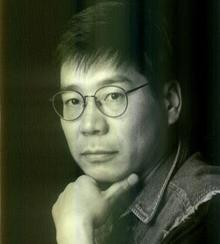Kazuo Hara

Biography
Among the many Asian filmmakers who were able to show their work in the West thanks the Berlin Forum, Kazuo Hara is a legendary figure despite his discontinuing filmography, only six feature films in four decades (the last one, his first fiction, was released in 2005). But his brief body of work includes two undisputable masterpieces of Japanese documentary cinema: Extreme Private Eros: Love Song (1974) and the monumental The Emperor’s Naked Army Marches On (1987), both screened in this Bafici.
Hara’s films usually produce an atypical impact on the audience, especially on film festivals. Amazement and admiration –as well as a questioning attitude– are sprung not from Hara’s formal thoroughness or intellectual elaboration, but from his audacity, determination, and commitment when documenting the unexpected. His rough-edged films usually go beyond what the documentary genre allows: they all include scenes that exceed –physically or morally– our usual tolerance threshold; their purpose is to push that barrier. Hara seems able to hold his shots despite whatever it is that places itself in front of the camera. “From my viewpoint,” he says, “a documentary should explore things that people don’t want explored… I want to get at just the things they don’t want to talk about, their privacy”.
His first film, Goodbye CP (1972), is a raw portrait of people who live with mental paralysis; in Extreme Private Eros, he humiliates himself by following his ex wife’s love life; The Emperor’s Naked Army…reveals war crimes that are as incredible as the man investigating them; A Dedicated Life (1944) exposes the lies of a famous writer, who also goes into surgery in front of the camera. Our very own Robert Arlt used to talk about making an impression with “books that contain the same violence that a hook to the jaw”, and that’s exactly what Hara has been doing in Japanese cinema with his uncompromising and fearless eye.
FC
Schedule












 info@festivales.gob.ar
info@festivales.gob.ar